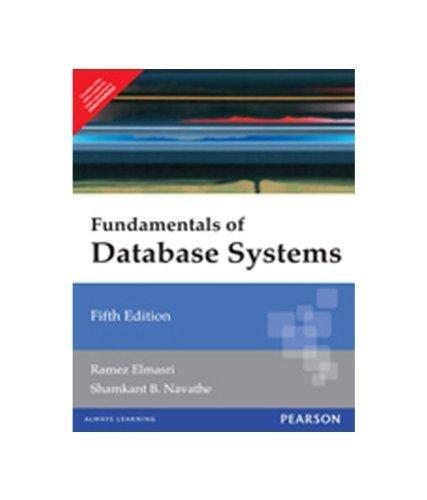Question
Is it straightforward to generate i.i.d. Bernoulli random variables with equal probability for 0 and 1 (i.e. Bernoulli random process)? In the following, you will
Is it straightforward to generate i.i.d. Bernoulli random variables with equal probability for 0 and 1 (i.e. Bernoulli random process)? In the following, you will be given such 100 randomly generated bits by KC. The first 50 digits are used for the training set. Write a program to analyze these bits. The rest 50 bits are hidden. Your program, after training, shall guess the rest 50 bits. If your program can correctly guess more than 26 bits by inputting these 50 test bits, you win. Training bits: 0001011011 1111001001 0101001110 0001101010 1100010011 Test bits: (invisible at this time)1010011000 1110011110 0000110110 1010110001 110101000
1a)How many bits are correctly guessed by your program? Do you win?
b)Even correct guess of 26 bits might be lucky. How can you calibrate the precision of your guessing results to distinguish how good the guess is.
c)In case we have a perfect generator of bit stream for such Bernoulli random process, what is the average number of bits to first see a pattern of 1011?
How about the average number of bits to first observe the pattern of 1010? Note: We all know that, in a long run, both patterns have the same frequency to show up.
d)Similar problem arose in early days spread spectrum communication research (later becoming CDMA cellular). Back to 1950s at MIT, researchers were trying to find a code sequence of the nature of white Gaussian noise. Can you develop such codes?
Step by Step Solution
There are 3 Steps involved in it
Step: 1

Get Instant Access to Expert-Tailored Solutions
See step-by-step solutions with expert insights and AI powered tools for academic success
Step: 2

Step: 3

Ace Your Homework with AI
Get the answers you need in no time with our AI-driven, step-by-step assistance
Get Started


